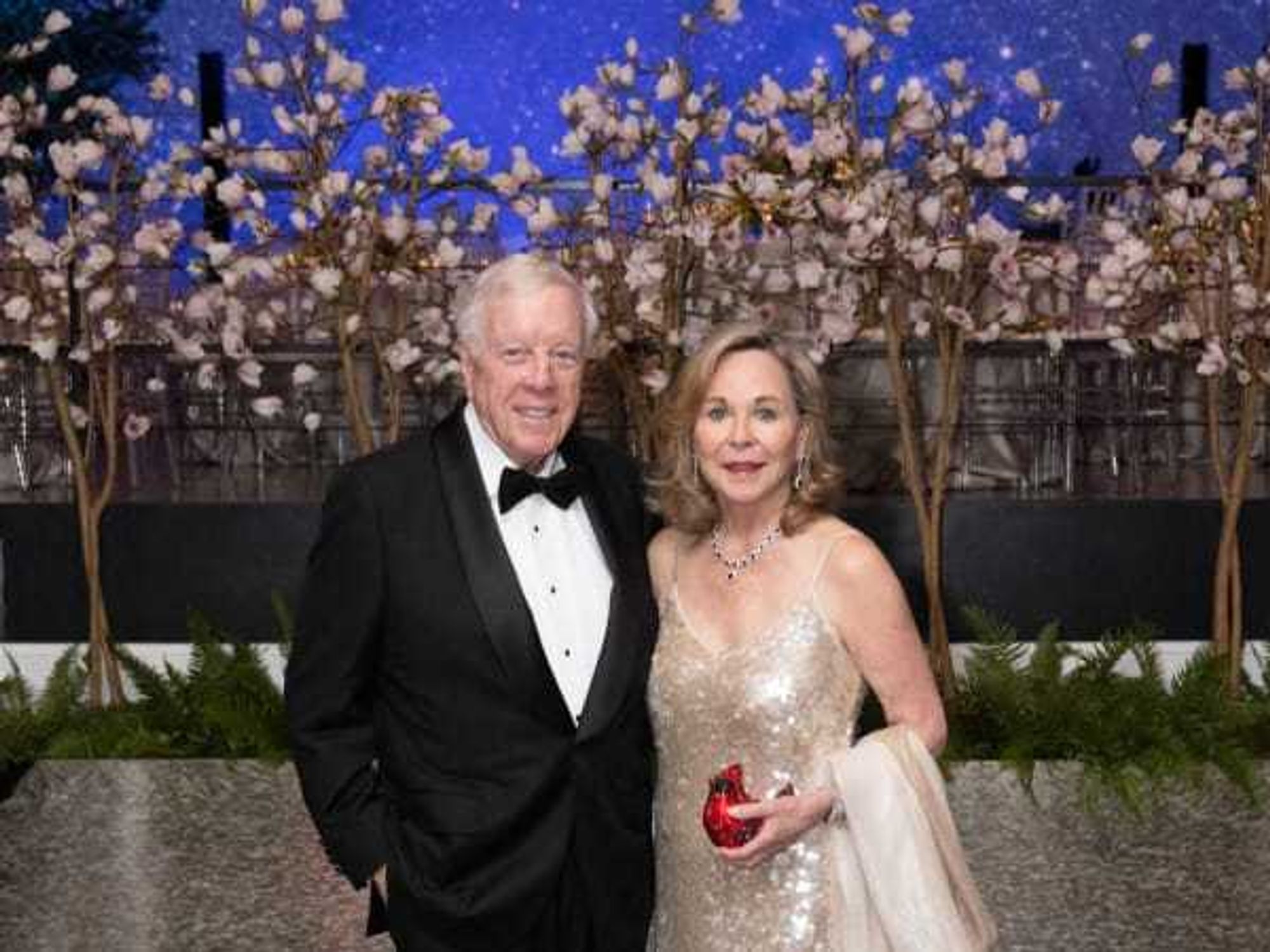Chalk Talk
Race, politics & the election: Black journalists face thorny issues in coveringPresident Obama
The National Association of Black Journalists hosted more than 2,200 journalists from around the United States, Canada and Africa during its annual convention in New Orleans last week. Convention goers got a first-hand campaign update when Vice President Joe Biden addressed the group on opening night. It was a fitting kickoff for a convention with a lot of discussion about political issues and the upcoming election.
Race is expected to be a major factor in the 2012 presidential election — far more than it was in 2008. The state of African Americans was a hot topic during the Republican primary. So the expectation is that once the political conventions are over and the election season is in full swing the gloves will be completely off.
One session focused on tools and information to help journalists cover the racial aspects of the campaign fairly and accurately. Washington Post national editor Kevin Merida was joined by Jesse Washington, Associated Press national writer/race and ethnicity, and Michelle Jaconi, executive producer of CNN’s Cross Platform Programming Unit, on the panel. According to the Twitter feed, Merida said, “The race card is made up and designed to trivialize.”
While there seems to be an overwhelming feeling that African Americans will support President Obama simply because he too is African American, it's not quite that simple.
Speaking of Twitter feeds, that was one of the tools discussed in a panel on new ways to cover political campaigns. Throw in blogs and viral videos and you’ll see why many reporters are breaking the mold on campaign coverage and how these new tools are helping to level the playing field. Seasoned veterans shared their expertise and offered ways to best meet the challenges of covering national campaigns.
Other political related topics included identity politics, views from the African-American electorate in battleground states and the pending Supreme Court decision on President Obama’s health care law.
The journalists I spoke with said they were focused on remaining neutral when covering the election and President Obama. However, most realize stories of particular importance to African Americans, especially those involving racial issues often times go under reported if not unreported. One journalist said, “We are responsible for covering these stories. If we don’t know one will.”
One of the major concerns heading into the election season is what many call a continuing campaign to limit access to the ballot for certain classes of voters. “This is the most systematic assault on voting rights in a very long time,” National Urban League president Marc Morial said during a panel titled, “Combating Voter Suppression in the Field, the Courts and Congress.”
Lawyers' Committee Voting Rights Project co-diirector Marcia Johnson- Blanco joined Morial on the panel and added, "Millions of voters could be affected yet millions are unaware of the changes that could take away their right to vote.”
Biden, who was mistakely introduced as "the 42nd president of the United States" and waved his hands as if to encourage the idea, seized the opportunity to hone in on some of President Obama’s re-election talking points that are clearly tailored to the NABJ audience. He said, “8 million African Americans that didn’t have access to health care now do.” He talked about how the Obama administration responded to the crisis. “We stabilized banks, unfroze credit markets and rescued the auto market."
No one asks white voters if they are voting for white politicians based on their race. There is actually a growing debate in the black community about whether the president has done enough for the black community.
Biden also discussed the Obama administration's moves in education, tax cuts for small businesses and said presumptive Republican presidential nominee Mitt Romney simply has a “fundamentally different view.” NABJ President Gregory Lee, Jr. said NABJ also extended an invitation to the Romney campaign but it never responded. The absence of even a response offended many convention attendees, present company included.
While there seems to be an overwhelming feeling that African Americans will support President Obama simply because he too is African American, it's not quite that simple. In fact, most of us find that line of thinking highly offensive and shortsighted. No one asks white voters if they are voting for white politicians based on their race. There is actually a growing debate in the black community about whether the president has done enough for the black community.
This election thing is kind of like a football game. It may look one way on paper, but you actually have to play the game to find out who wins.
Kim Davis is a seasoned journalist with nearly two decades of experience covering sports, news and politics in television, radio and print. If you have questions or comments for Kim or about “Chalk Talk," you can reach her at kim@thekdcompany.com.
